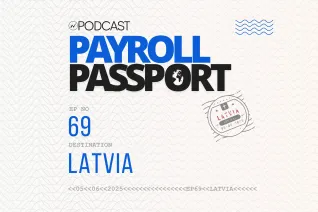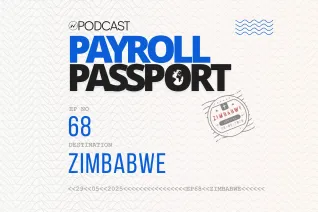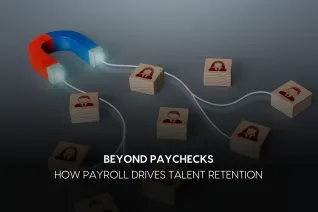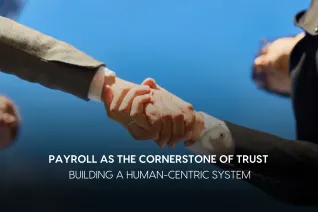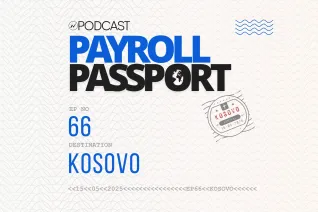Understanding emotions: the route to humanizing your workplace

Emotional intelligence (EI) increases employee retention rate by 400%.
And it does not stop with that.
EI decreases lost-time accidents by up to 50%, increases productivity by 40%, and the ROI is a whopping 1500%!
But what is emotional intelligence? Why is it increasingly important for organizations to adopt it? Is emotional intelligence linked to productivity? In the sixth episode of HR Cookbook, Sakshi Pasricha, a performance coach, answers all those questions.
“It is about becoming friends with your own feelings,” says Sakshi. Understanding and accepting the fact that we are all human beings is far-reaching.
Emotional intelligence is divided into five categories:
– Self-Awareness
– Self-Management
– Motivation
– People Awareness
– Social Skill Improvement
“Feeding your tingling curiosities is essential. But obvious things need more reflection in life,” she says. For instance, most of us interchange the meanings of nervousness and anxiety. EI is also about having the correct vocabulary of emotions.
Understanding your emotions is as important in corporate life as in our personal lives.
With enhanced ‘psychological safety’ comes the additional benefits-improved leadership abilities, better conflict resolution, and decision-making on the company’s part as well as the clients in terms of customer satisfaction which has been observed to rise with an increase in emotional intelligence.
Emotional awareness is no cakewalk. It needs the same effort as any other chore, but the consequences are enormous.
Organizations must equip their workers with emotional intelligence with several generations working on the same floor.
There is a significant difference between an emotionally intelligent employee and one who isn’t. For instance, when upset at work or even in their personal lives, an emotionally intelligent person would do what is required – a ten-minute break, a walk, or some time to digest and accept how they feel. The latter would sulk and crib all day and start spreading rumors, ruining their own and others’ days.
An emotionally intelligent leader becomes more open to proactive input and acting on it. Leaders with this quality are also more receptive to understanding and empathizing with their team members.
When it comes to confrontations, emotional intelligence alters your perspective. How you deal with problems changes: you become more adaptable to them, your attitude shifts, and your overall strategy changes.
Will an emotionally intelligent individual be able to master a skill more quickly and effectively? According to Sakshi, an emotionally intelligent person can adjust to the wave of ups and downs by acquiring a skill: from enthusiasm to humiliation to getting used to the need to do something.
Will an emotionally intelligent person be able to learn a skill faster and better? Sakshi says they can adapt to the wave of ups and downs while learning a skill: from excitement to shame and anger to getting used to the wave and accustoming to the fluctuations. Swotting is less frustrating when they know it’s a part of the process.
Emotional intelligence is a win-win for both organizations and their employees.
While leaders must understand their team members, this understanding does not have to be one-sided. An emotionally intelligent team member will become more responsible, accountable, and self-motivated and better understand the emotions of everybody around them.
“What can I do differently?” becomes the question, and instead of answering it, the employee begins to manage time better and sees a purpose. “Your thinking reveals a lot about you,” Sakshi explains. As a team member, being more self-aware adds to the success of the team and the organization’s overall performance.
A manager, on the other hand, cannot just impose emotional intelligence on the squad. The leader must be emotionally aware. The benefits will be automatically passed on to the team through them.
In a nutshell, Sakshi’s secret sauce is to have trust, stay curious, be self-compassionate, and surround oneself with individuals who will challenge you where you need to be tested.
To know more about emotional intelligence and how you can leverage it to better your performance and your team’s, click here and listen to the HR Cookbook podcast.
Latest Resources
Stay informed with latest updates
If you're curious and have a thirst for knowledge pertaining to the HR, payroll, and EOR universe, don't miss out on subscribing to our resources.



